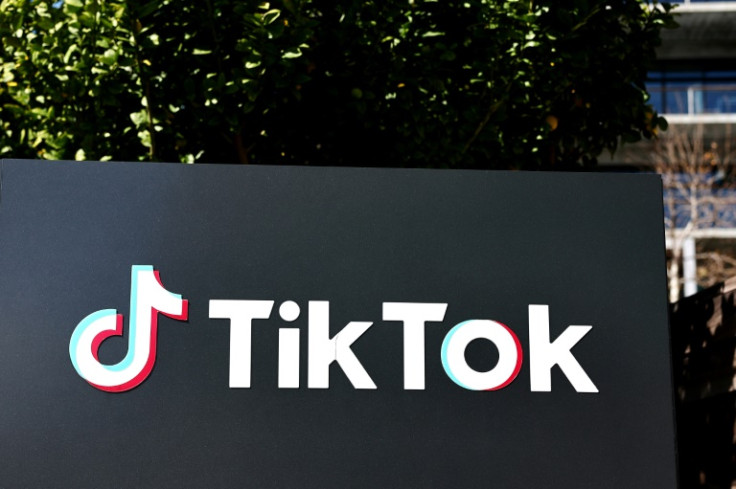Mnuchin-Led Group Seeks TikTok Acquisition Amid Congressional Pressure, Trump Reversal
Steven Mnuchin, who served for four years as former president Donald Trump's Treasury Secretary, has announced his endeavor to assemble a U.S.-based investor consortium aimed at acquiring ByteDance's TikTok.
This move comes in response to bipartisan legislation making its way through Congress, which could potentially force ByteDance to divest its popular social media platform or face a ban in the United States.

The House of Representatives recently passed a bipartisan bill that poses a significant challenge to TikTok's future in the US. Under this legislation, ByteDance would have to relinquish control of TikTok's U.S. assets within six months or risk being effectively banned from operating within the country.
In an interview with CNBC's "Squawk Box," Mnuchin expressed his support for the legislation, stating, "I think the legislation should pass, and I think it should be sold." Mnuchin emphasized the importance of American ownership of TikTok, citing concerns over potential Chinese government influence.
Mnuchin's initiative to form an investor group underscores the growing momentum behind efforts to wrest control of TikTok from its Chinese parent company. He believes that TikTok's ownership by US businesses is imperative, highlighting the lack of reciprocity in China's regulatory environment.
While the bill awaits consideration in the Senate, the Biden administration has signaled its willingness to support the legislation if it clears the upper chamber. President Biden's stance aligns with Mnuchin's view that TikTok should be owned and operated by US entities.
However, the Trump administration maintained a confrontational stance toward TikTok, leading ByteDance to enter into a data partnership with Oracle. But there has been a notable shift in Trump's position, as he has now publicly opposed the idea of banning TikTok.
Key figures in the tech industry, including Peter Thiel, Vinod Khosla, and Keith Rabois, have voiced concerns about TikTok's influence and its Chinese ownership. Mnuchin's initiative reflects a broader sentiment within influential circles regarding the need for a change in TikTok's ownership structure.
However, the path to acquiring TikTok is fraught with challenges. ByteDance's valuation of $220 billion presents a formidable barrier, and any potential sale of TikTok's US division is likely to command a significant sum. Moreover, the value of TikTok's algorithm, a crucial asset, adds complexity to potential negotiations.
TikTok's CEO, Shou Zi Chew, has hinted at the company's reluctance to entertain a sale, suggesting that it may not be a viable option. ByteDance's efforts to lobby against the legislation underscore its commitment to retaining control of TikTok's operations in the US.
Despite these challenges, Mnuchin remains optimistic about the feasibility of acquiring TikTok, asserting that he has engaged with potential investors. He envisions a scenario where TikTok undergoes a transformation under US ownership, incorporating domestically developed technology.
Notably, Mnuchin has emphasized that no single investor would hold more than 10% of TikTok in any potential deal. Existing investors would also have the option to roll over their investments under new ownership, ensuring continuity in TikTok's operations. Mnuchin refrained from disclosing the identities of potential investors or providing an estimated valuation for the social media platform in question.
Furthermore, reports suggest that there are additional parties expressing interest in acquiring TikTok. According to The Wall Street Journal, former Activision Blizzard CEO Bobby Kotick has been actively exploring potential deals and engaging with prospective partners.
The Chinese government's stance on a potential sale of TikTok remains uncertain. While Mnuchin believes that Chinese authorities would support a sale without technology transfer, Chinese officials have criticized the legislation as unjust and indicative of US hostility towards foreign companies.
As the debate surrounding TikTok's future intensifies, Mnuchin's efforts to acquire the platform represent a significant development. With bipartisan support for legislation aimed at reshaping TikTok's ownership, the coming months will likely witness intense negotiations and strategic maneuvers in the pursuit of securing control of one of the world's most popular social media platforms.
TikTok and ByteDance have yet to respond to Mnuchin's proposal, but the outcome of this high-stakes saga will undoubtedly shape the future of social media and international relations in the digital age.
© Copyright IBTimes 2024. All rights reserved.












